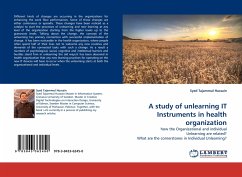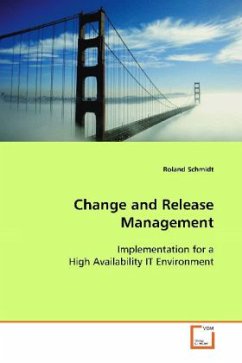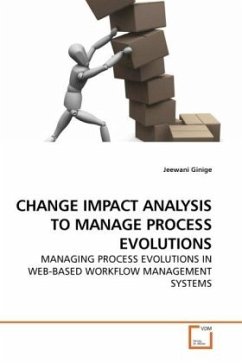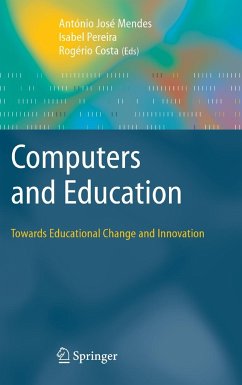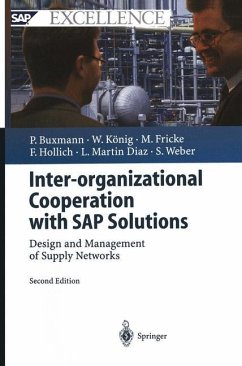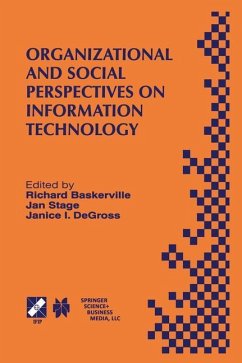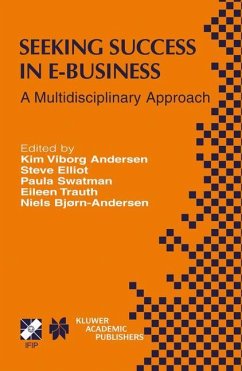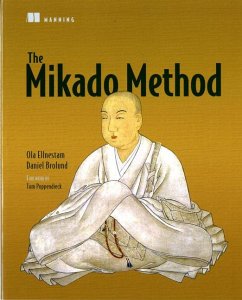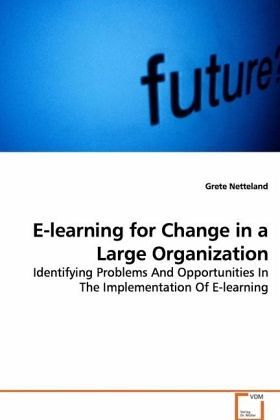
E-learning for Change in a Large Organization
Identifying Problems And Opportunities In The Implementation Of E-learning
Versandkostenfrei!
Versandfertig in 6-10 Tagen
52,99 €
inkl. MwSt.

PAYBACK Punkte
26 °P sammeln!
Taking e-learning into use in the workplace, represents a major challenge. While the mainstream workplace e-learning literature mainly recommends a standardized implementation, this study suggests that at least large, multilevel and complex organizations need to adopt a differentiated implementation process that takes the various contexts and organizational units into account. This research focuses on how e-learning can be used as a tool for change. Based on a case study of a large-scale implementation of enterprise-wide e-learning in the largest Norwegian telecommunications company, Telenor, ...
Taking e-learning into use in the workplace,
represents a major challenge. While the mainstream
workplace e-learning literature mainly recommends a
standardized implementation, this study suggests
that at least large, multilevel and complex
organizations need to adopt a differentiated
implementation process that takes the various
contexts and organizational units into account.
This research focuses on how e-learning can be used
as a tool for change. Based on a case study of a
large-scale implementation of enterprise-wide e-
learning in the largest Norwegian telecommunications
company, Telenor, the challenges arising in
different work contexts during the implementation
are explored. A socio-cultural perspective is used
as an umbrella for the research and the analysis is
inspired by Activity Theory, Grounded Theory and the
theory of development of work.
The research identifies the long term factors that
contributed to the sustainability of e-learning in
this organization, and recommends that future e-
learning implementations focus on e-learning as a
complex artefact, specific roles in the
implementation, and the challenge of integrating
learning with work.
represents a major challenge. While the mainstream
workplace e-learning literature mainly recommends a
standardized implementation, this study suggests
that at least large, multilevel and complex
organizations need to adopt a differentiated
implementation process that takes the various
contexts and organizational units into account.
This research focuses on how e-learning can be used
as a tool for change. Based on a case study of a
large-scale implementation of enterprise-wide e-
learning in the largest Norwegian telecommunications
company, Telenor, the challenges arising in
different work contexts during the implementation
are explored. A socio-cultural perspective is used
as an umbrella for the research and the analysis is
inspired by Activity Theory, Grounded Theory and the
theory of development of work.
The research identifies the long term factors that
contributed to the sustainability of e-learning in
this organization, and recommends that future e-
learning implementations focus on e-learning as a
complex artefact, specific roles in the
implementation, and the challenge of integrating
learning with work.



